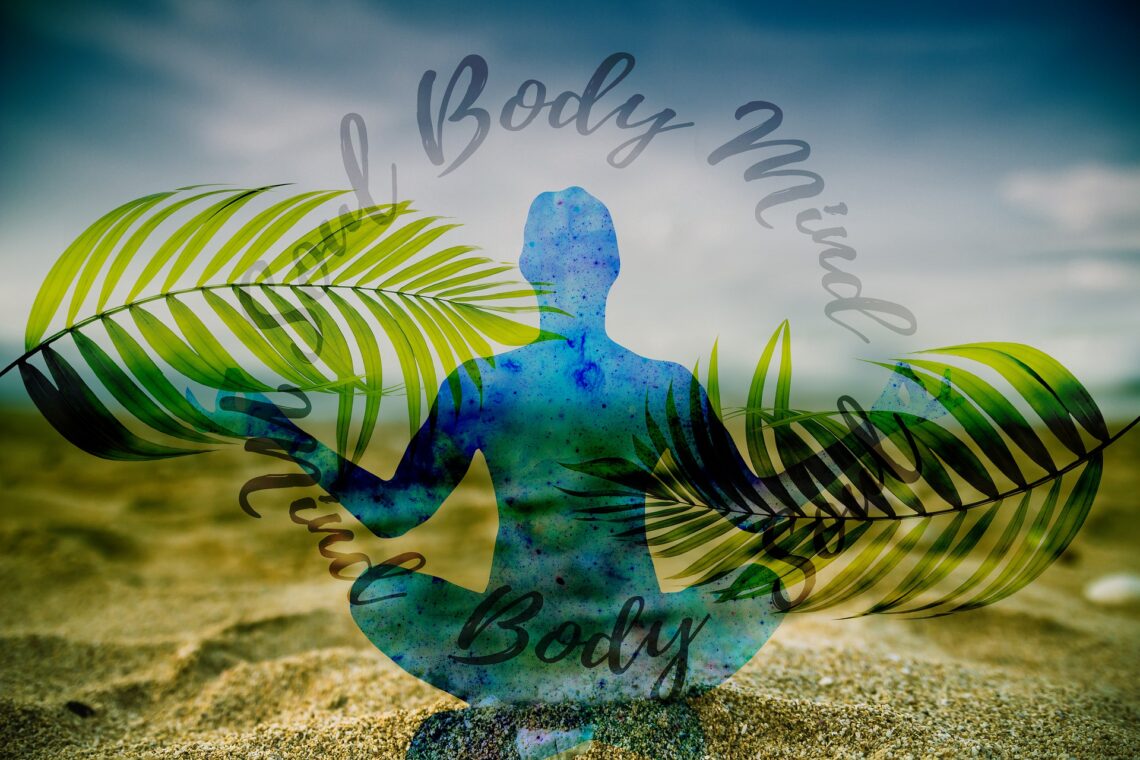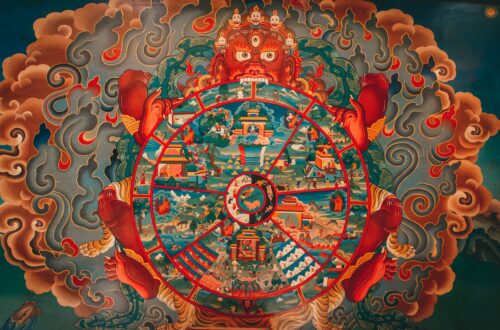
Four Features of a Mystical Experience
What is the role of consciousness in the study of the universe and our life here on earth? We take our everyday consciousness as our default setting, thinking it gives us the proper stance to view and think about the universe.
American Philosopher William James
However, the American philosopher William James would beg to differ. In his landmark book, The Varieties of Religious Experience, James had this to say,
“Our normal waking consciousness… is but one special type of consciousness, whilst all about it, parted from it by the filmiest of screens, there lie potential forms of consciousness entirely different… No account of the universe in its totality can be final which leaves these other forms of consciousness quite disregarded.” [Italics mine]
So William James is following the lead of German philosopher Immanuel Kant who believed we couldn’t accurately explore the world until we had accurately studied the beings who were investigating it.
Our studies will be flawed until we understand our different modes of consciousness better.
Quotes on the Role of Consciousness
To help us get a better overview of the issue, the website, The Marginalian, posted these thought-provoking quotes on consciousness. This one is from the journal of author Joyce Carole Oates,
“Queer, in fact maddening, to think that ‘beauty’ in nature is for us alone: for the human eye alone. Without our consciousness, it doesn’t exist,”
There is also this quote from author Virginia Woolf
“All of nature, all of the given world, is in fact a work of art. Only the human consciousness can register it.”
Finally, neuroscientist Christof Koch said,
“Without consciousness there is nothing… Consciousness is the central fact of your life.”
What do all these quotes tell us? They tell us that the old paradigm of a material world standing apart from our rational mind is a flawed perspective. It leaves out our mind’s interconnection to the whole thing.
Understanding this connection is so critical that Koch’s quote is worth repeating,
“Without consciousness, there is nothing. . .Consciousness is the central fact of your life.”
Wow! “Without consciousness there is nothing.” Many of us viewing life from the old paradigm would assume that the material universe goes on as is whether we are here or not. But Koch says otherwise. Our relationship with the “material” world is far more complex.
Having experienced these alternative states of consciousness through experiences with nitrous oxide, commonly known as “laughing gas” for its pleasant euphoric effects, William James explored these other modes of consciousness. He used this to understand a group of experiences, which he labeled “mystical or transcendent experiences.”
The Four Features of a Mystical Experience
He thought these alternative states of mind were so profound and meaningful that they deserved careful study. In doing this, James developed four defining features of mystical experiences. Let’s briefly review these now.
- Ineffability: This means the experience is beyond expression. Words can’t begin to describe it. James says,
“It follows from this that its quality must be directly experienced; it cannot be imparted or transferred to others. In this peculiarity, mystical states are more like states of feeling than like states of intellect. No one can make clear to another who has never had a certain feeling, in what the quality or worth of it consists.”
James then likens this to a person who has the “musical ears” to appreciate the beauty of a symphony, who then attempts to describe that beauty to someone who lacks those ears. Or to the state of mind of a lover trying to explain that state to someone who has never been in love.
- Noetic quality: the mystical experience, in addition to profound states of feeling, also provides us with the experience of “knowing.” It’s authoritative. James says,
“They are states of insight into depths of truth unplumbed by the discursive intellect. They are illuminations, revelations, full of significance and importance, all inarticulate though they remain, and as a rule, they carry with them a curious sense of authority for after-time.”
In other words, they leave something behind. It is not always clear precisely what that is, but we know we have experienced life at a deeper level, which has changed us.
- Transiency: Mystical states generally cannot be sustained for an extended period. James says they usually last from half an hour to two hours. James adds,
“Often when faded, their quality can but imperfectly be reproduced in memory, but when they recur, it is recognized; and from one recurrence to another, it is susceptible of continuous development in what is felt as inner richness and importance.”
In other words, James is saying that having repeated mystical experiences allows us to deepen our understanding of their profundity as their richness and importance grow in us.
- Passivity: In short, even though we can cultivate these experiences somewhat, they can also come upon us unawares. In both cases, we are rendered helpless to powers and authorities higher than ourselves. James explains,
“ . . the mystic feels as if his own will were in abeyance, and indeed sometimes as if he were grasped and held by a superior power.”
Further on, he states,
“Mystical states, strictly so-called, are never merely interruptive. Some memory of their content always remains, and a profound sense of their importance. They modify the inner life of the subject between the times of their recurrence.”
Summing Up
So, to sum up. Can we understand our world without understanding these other realms of consciousness? We are so much more interesting than we give ourselves credit for. We live in this little box we call reality, not realizing there is a much more exciting world beyond our standard mode of consciousness.
It is like the person growing up who has only experienced his mother’s limited cooking menu and thinks, this must be what everyone eats. How much is his taste palate missing from the world’s cuisine?
How much are we missing stuck in our own narrow and limited consciousness? From this shallow and restricted view, all our problems, both individually and collectively, emanate.
Perhaps we unconsciously think we are these narrow-minded, greedy, self-absorbed creatures living lives of quiet desperation, but we aren’t. We are so much more than this. Take off the blinders and see for yourself.
To learn more about the Intelligence and Magic of the Universe: Click this link: The Magical Universe.




